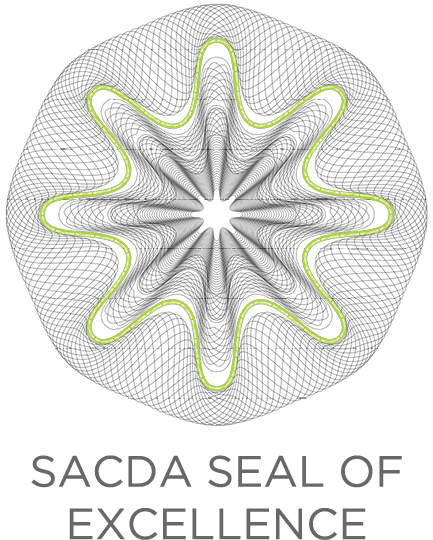Original Research
Psychological attachment in the new normal working context: Influence of career navigation and career well-being attributes
Submitted: 22 October 2021 | Published: 10 December 2021
About the author(s)
Ingrid L. Potgieter, Department of Human Resource Management, Faculty of Economic and Management Sciences, University of South Africa, Tshwane, South AfricaMelinde Coetzee, Department of Industrial and Organisational Psychology, Faculty of Economic and Management Sciences, University of South Africa, Tshwane, South Africa
Nadia Ferreira, Department of Human Resource Management, Faculty of Economic and Management Sciences, University of South Africa, Tshwane, South Africa
Abstract
Background: The new normal working context, characterised by fast changes, rapid upskilling, adoption of technology, and remote working, requires employees to remain psychologically attached to their organisations. More insight is needed regarding how career navigation (as an attribute of career agility) and career well-being attributes explain the psychological attachment of employees in order to invest in their career development amidst the chaos and demands driven by the new normal working context.
Objective: The study explored career navigation and career well-being attributes (i.e. positive career effect, career networking/social support, and career meaningfulness) as potential explanatory mechanisms of individuals’ psychological attachment.
Method: The study used a cross-sectional research design, which involved a convenience sample (n = 177) of national and international employees (mean age = 34 years; standard deviation [SD] = 10.14), represented by 39% managerial employees, 38% staff, and 23% professional consultants. Most of the participants (72%) were employed by South African organisations.
Results: Multiple regression analysis revealed that career navigation explains higher levels of psychological attachment (including affective, normative, and continuous attachment). Positive career effects significantly predicted continuous attachment, whereas social support/career networking positively predicted overall psychological attachment and affective and normative attachment. Career meaningfulness was found to explain higher levels of overall and affective psychological attachment.
Conclusion: The findings contribute new insights into the construct of career navigation and career well-being attributes and extend research on the antecedents of psychological attachment in the new normal working space, characterised by remote working and technology.
Keywords
Metrics
Total abstract views: 2124Total article views: 2806
